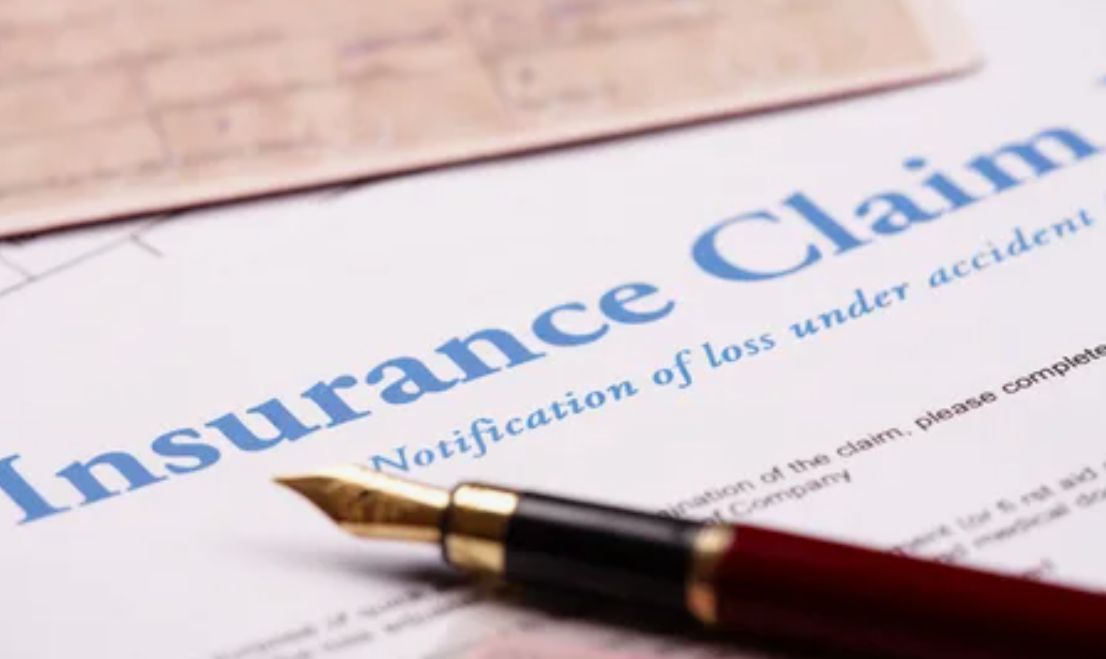
When you're injured, going through a complex claims process is the last thing you want to worry about. But, insurance companies can make or break your chances of receiving fair compensation. Their impact can be positive and negative, and it's essential to understand how they operate to handle the claims process effectively.
With their vast resources and experienced adjusters, they can either support your recovery or leave you with a fraction of what you deserve. So, how do insurance companies impact the outcome of personal injury claims? Let's explore and find out.
The Role of Insurance Companies
According to a recent report by the National Association of Insurance Commissioners, the average claim payout for bodily injury in the United States was $15,433 in 2023.
Insurance companies provide financial protection to policyholders in the event of unforeseen circumstances, such as accidents or injuries.
When a personal injury claim is filed, the insurance company's primary objective is to minimize the payout while ensuring the policyholder receives fair compensation.
This dual role can lead to conflicts of interest, making it crucial for claimants to be aware of the insurance company's tactics and strategies.
Investigation and Evidence Gathering
Insurance companies conduct thorough investigations to gather evidence and assess the validity of a claim. They may:
-
Collect medical records and bills.
-
Interview witnesses and the claimant.
-
Review police reports and incident documentation.
-
Conduct on-site investigations.
This evidence-gathering process helps insurance companies determine liability and calculate the claim's value.
However, it's important to note that they may also use this information to discredit the claimant or downplay the severity of the injuries.
Adjusters and Settlement Offers
Insurance companies employ adjusters to handle claims and make settlement offers. Adjusters may:
-
Make initial contact with the claimant.
-
Assess the claim's value based on the evidence gathered.
-
Present a settlement offer, which may be negotiable.
Adjusters often work within predetermined settlement ranges, aiming to settle the claim quickly and efficiently.
However, claimants should be cautious when dealing with adjusters, as they may employ tactics to undervalue the claim or pressure the claimant into accepting an unfair offer.
Defense Strategies and Tactics
Insurance companies may employ various defense strategies to minimize payouts, including:
Denying Liability or Causation
Insurance companies may deny liability or causation by arguing that their policyholder was not responsible for the accident or that the claimant's injuries were not caused by the accident. They may claim that:
-
The claimant was partially or fully responsible for the accident.
-
The accident was unavoidable or an act of God.
-
The claimant's injuries were not caused by the accident but by a pre-existing condition or another factor.
By denying liability or causation, the insurance company can avoid paying the claim or reduce the amount they have to pay.
Challenging the Severity of the Injuries
Insurance companies may challenge the severity of the claimant's injuries by arguing that they are not as severe as claimed. They may:
-
Request independent medical examinations (IMEs) to assess the claimant's injuries.
-
Review medical records and bills to question the necessity of certain treatments.
-
Argue that the claimant's injuries are not as severe as claimed, and therefore, the claimant is not entitled to as much compensation.
By challenging the severity of the injuries, the insurance company can reduce the amount they have to pay for medical expenses, lost wages, and pain and suffering.
Alleging Pre-Existing Conditions
Insurance companies may allege that the claimant's injuries were caused by pre-existing conditions, such as:
-
Prior injuries or accidents.
-
Underlying medical conditions, such as degenerative disc disease or arthritis.
-
Lifestyle choices, such as smoking or lack of exercise.
By alleging pre-existing conditions, the insurance company can argue that the claimant's injuries were not solely caused by the accident, and therefore, they should not be held fully liable.
Using Expert Testimony to Contradict the Claimant's Evidence
Insurance companies may hire expert witnesses, such as medical professionals or accident reconstruction specialists, to contradict the claimant's evidence. These experts may:
-
Provide an alternative explanation for the cause of the accident or the claimant's injuries.
-
Challenge the claimant's medical evidence or treatment plans.
-
Offer an opinion on the claimant's credibility or reliability.
By using expert testimony, the insurance company can create doubt in the minds of the judge or jury, which can reduce the amount they have to pay or even result in a denial of the claim.
Claimants should be aware of these tactics and seek legal representation to counter them effectively.
Seeking Guidance from Attorneys
A study by the Insurance Research Council found that claimants who hired attorneys received an average of 40% more in settlements than those without representation.
So, don't let insurance companies bully you into settling for less! Level the playing field with expert legal guidance. You can consult ConsumerShield, which connects you with top-notch attorneys who will fiercely advocate for your rights and fight for the maximum compensation you deserve. Take back control and get the justice you need!
FAQs
What should I do if the insurance company denies my claim?
If your claim is denied, review the denial letter carefully and contact the insurance company to understand the reasons behind the denial. You may also consider seeking legal representation to appeal the decision.
How long does the claims process typically take?
The claims process can take anywhere from several months to several years, depending on the complexity of the case and the insurance company's processing time.
Conclusion
Insurance companies play a significant role in determining the outcome of personal injury claims. While their primary objective is to minimize payouts, claimants can handle the process effectively by understanding the insurance company's tactics and strategies.
It's essential to be aware of the evidence-gathering process, adjuster settlement offers, and defense strategies employed by insurance companies.
By being informed and seeking legal representation when necessary, claimants can ensure they receive fair compensation for their injuries.



























